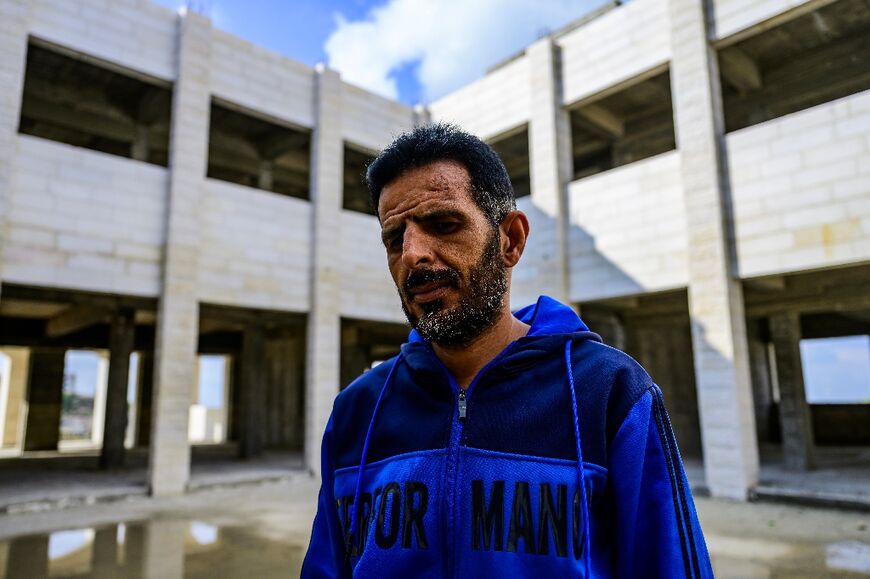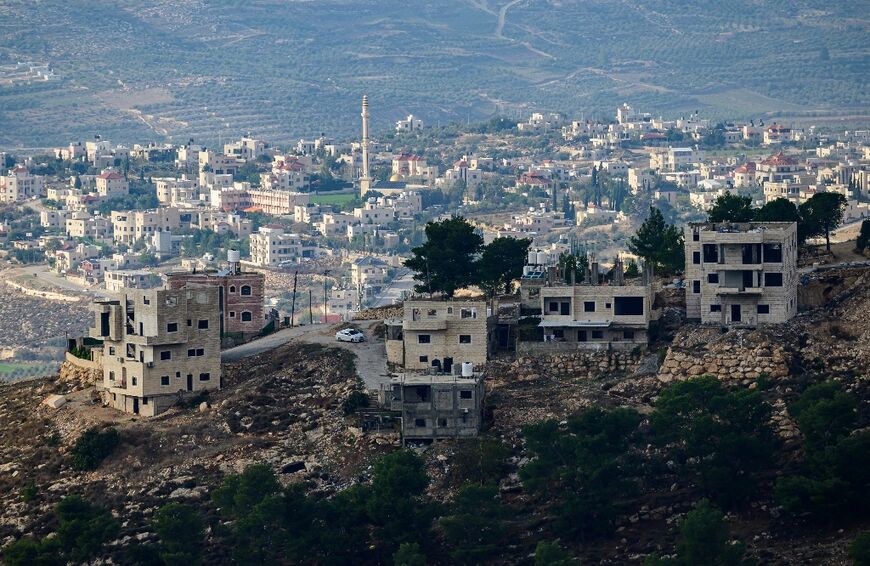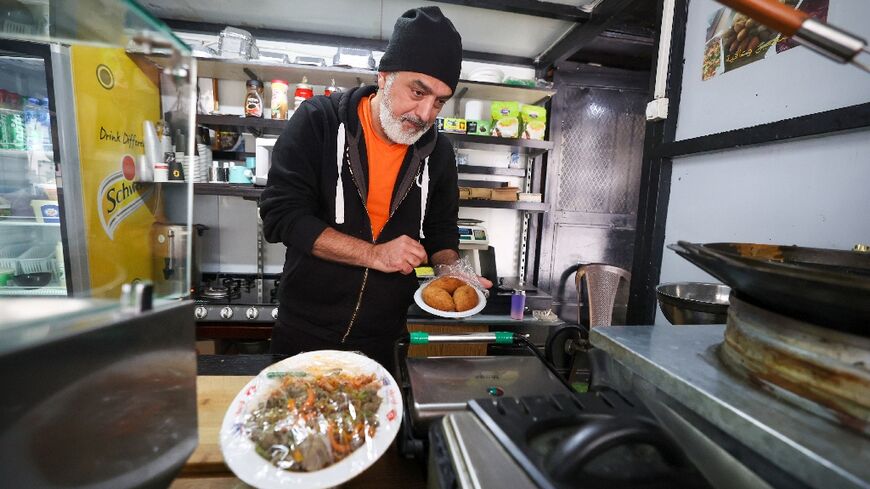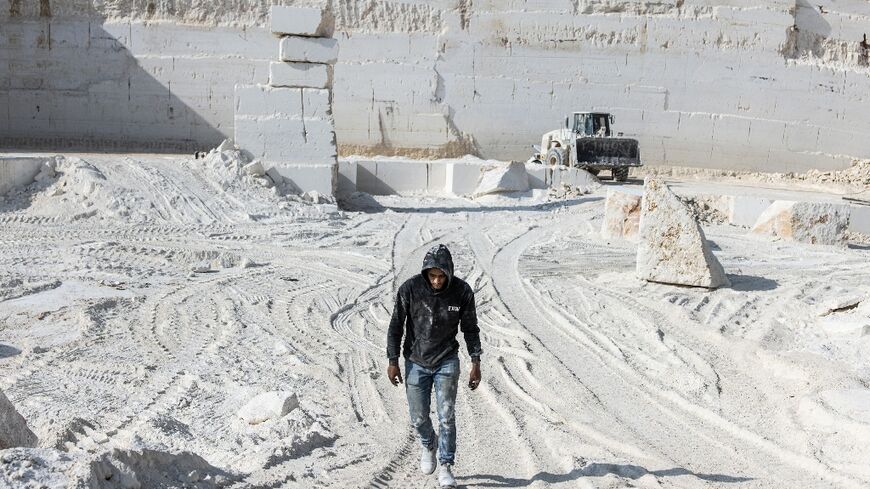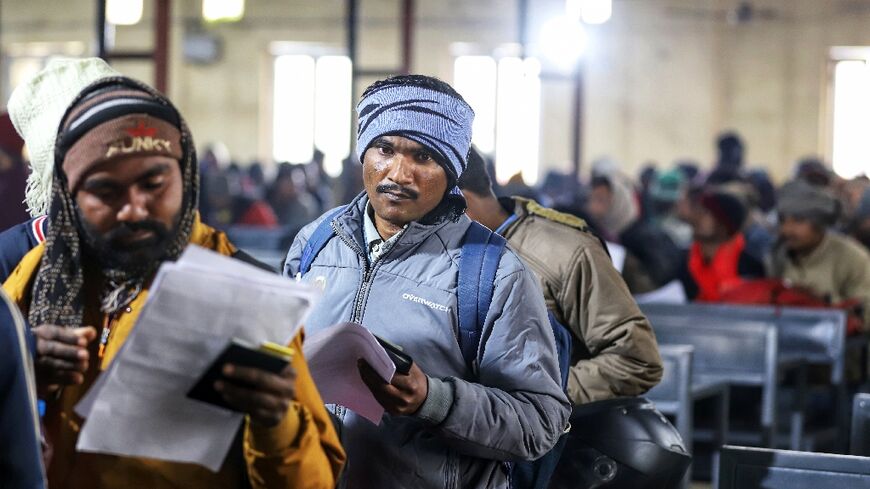West Bank economy suffers as Palestinians lose Israeli jobs
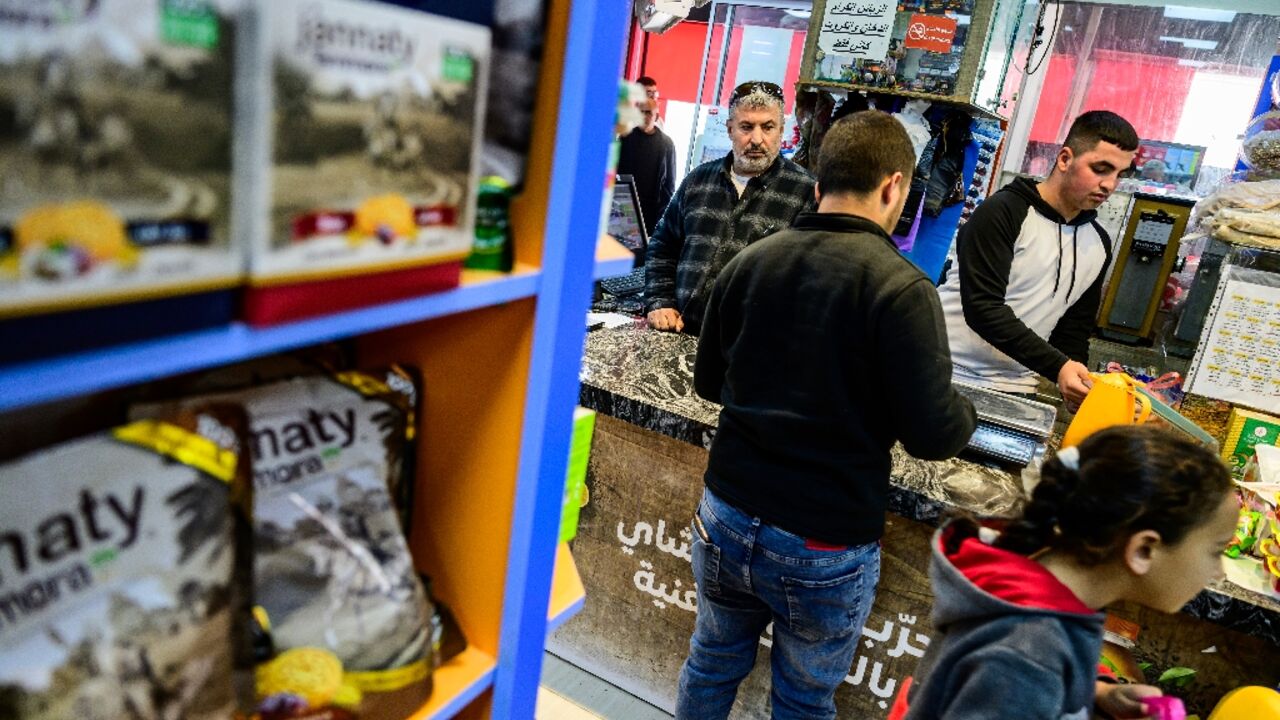
West Bank Palestinian Ibrahim al-Qiq lost his Israeli job permit after the Gaza war began, sinking him into despair and debt like thousands of others in the occupied territory.
The war between Israel and Hamas may be happening in Gaza, a separate Palestinian territory on the other side of Israel, but its impact is being powerfully felt in the West Bank.
Israel terminated work permits for Palestinians from both the Israeli-occupied West Bank and Gaza following the Hamas attacks on October 7 that triggered the war, leaving many people like Qiq struggling to survive.
A 37-year-old father of three, Qiq earned around 6,000 shekels ($1,615) a month as a construction worker in Israel until he lost his work permit.
"We have spent what we earned," he told AFP. "Our debts have piled up, and we need to buy provisions and pay the rent for our homes and the water and electricity bills."
He has been forced to borrow nearly 7,000 shekels to cover expenses.
His mountainous hometown of Kharas, near the West Bank city of Hebron, has around 12,000 inhabitants. Seventy percent of its workforce used to cross time-consuming Israeli checkpoints every day to work in Israel, according to local municipality.
The rest are employed by the Palestinian Authority, but it is struggling to pay staff amid a downturn that saw economic output fall by more than a third in the month after the war began.
Israel has terminated 130,000 work permits for West Bank Palestinians and withheld 600 million shekels ($160 million) in taxes on Palestinian goods, said Manal Qarhan, an official at the Palestinian ministry of economy.
She said the administration was now losing $24 million per day thanks to the loss of taxes and reduced tourism from Palestinians living in Israel.
- Jewellery sold -
The Gaza war was sparked by Hamas's unprecedented attack on southern Israel on October 7 when militants broke through the militarised border to kill around 1,200 people, mostly civilians, and drag some 240 hostages to Gaza, according to Israeli figures.
In retaliation, Israel vowed to destroy Hamas, unleashing a relentless bombing campaign and ground invasion that has killed at least 18,205 people, mostly women and children, according to the Hamas-run health ministry.
Palestinian workers do not receive social insurance or unemployment compensation from the Israeli government, as Israeli workers do -- nor is any offered by the Palestinian Authority.
The jobless are left to fend for themselves.
"Those whose wives had gold jewellery sold it to feed their children," said Tareq al-Hlahla, also unemployed and struggling to support an extended family of 10.
Jamil Siaara, an unemployed construction worker, said: "Our future is unclear. There is mental stress, and no savings."
- 'No hope' -
The impact is rippling through the local economy.
Ahmed Radwan, who owns a supermarket in Kharas, said sales were down 70 percent and he had stopped providing groceries on credit after customer debts reached 40 percent of sales.
People are buying only "basics like milk, rice, sugar and flour, and those who used to buy bread now only buy half a loaf," said Radwan.
He has laid off half his six workers, and two more will go this month.
"There is no hope," he said.
Violence has also surged in the West Bank, where Israeli forces conduct regular raids.
The Palestinian Authority says around 270 Palestinians have been killed by Israeli forces or settlers in the West Bank since the war began.
Israel "has set up around 130 permanent and moving military checkpoints in the West Bank, which force Palestinians to travel on rough side roads that are extremely dangerous, because they expose them to settler attacks," the Palestinian ministry of economy said.
The checkpoints worsen the economic impact, say locals, as they complicate transport of agricultural goods and workers.
